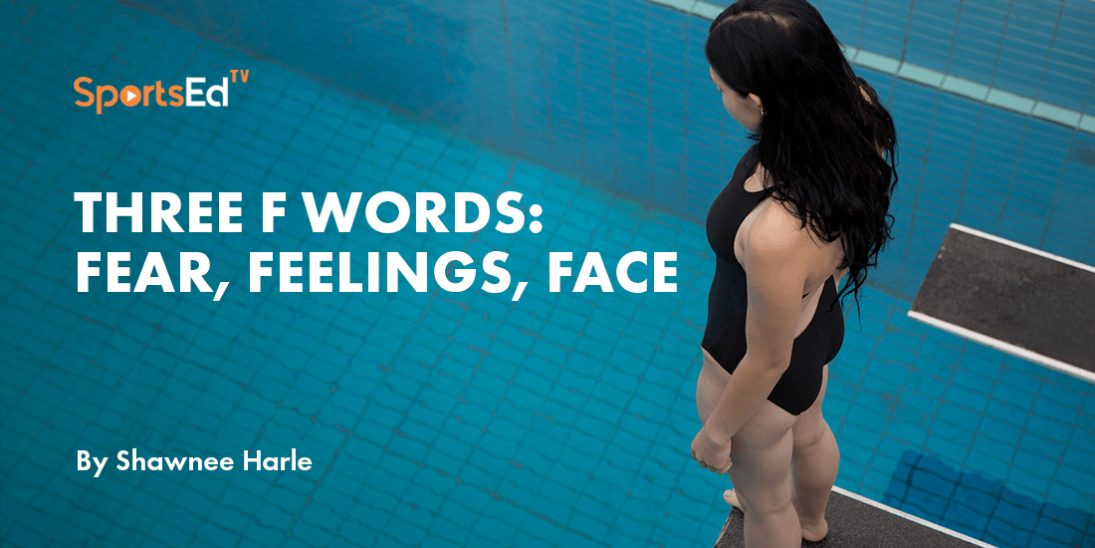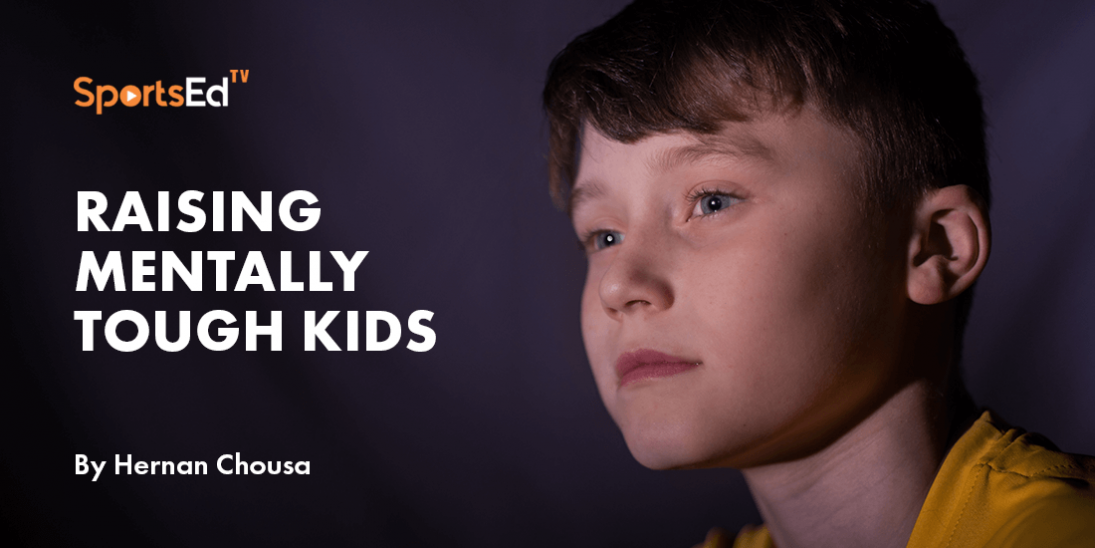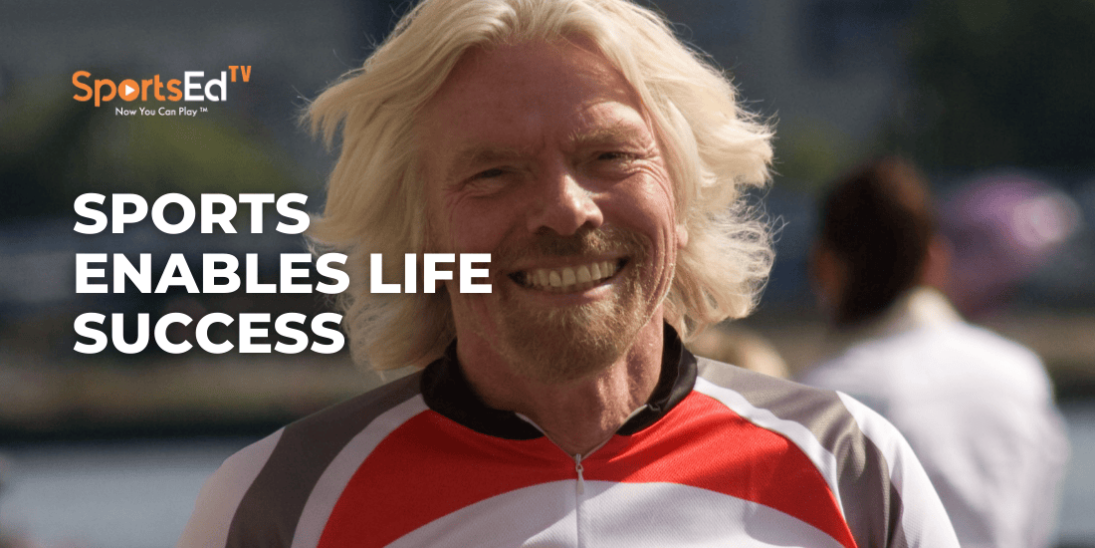Mental Health
Welcome and thanks for visiting...

Athletes Need to be Heard
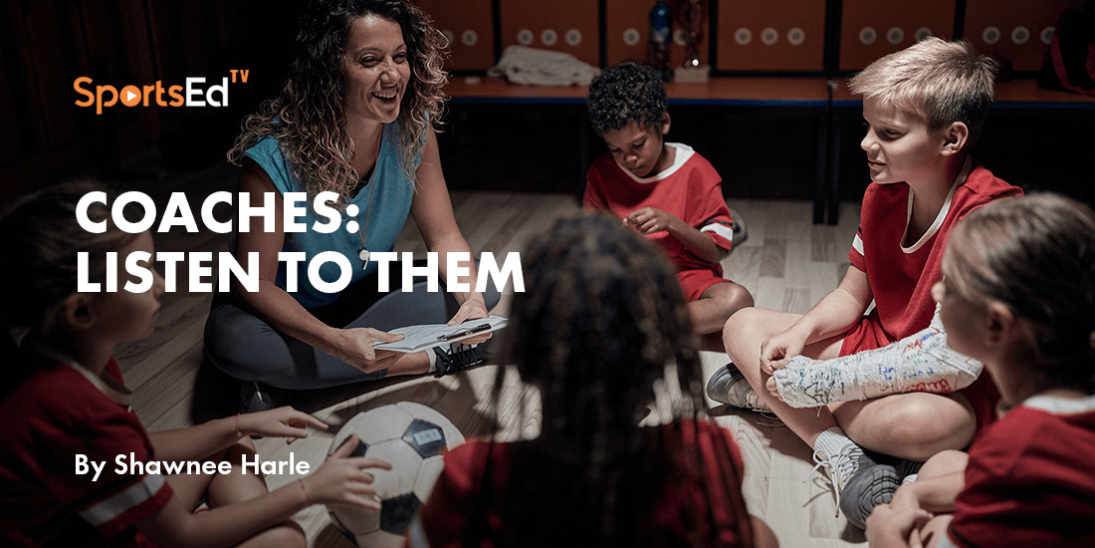
I'm a Mental Toughness Coach and when I work with athletes, I do a lot of listening. It’s amazing what I learn when I step back and give them the space to express and emote. They speak from their heart and tell me things they don't tell anyone else.
Here’s what I've learned:
- They find consequences confusing because it feels like punishment. "Sometimes my coach is really nice. Other times we have to run suicides when we lose a game."
- Consequences make them fearful. They fear their coach and they feel nervous about coming to practices/games/competitions. They do whatever they can to protect themselves.
- Many of them are afraid of what will happen when they make mistakes or mess up. This fear decreases risk taking and creativity. It's safer for them to be robots and puppets.
- They feel anxious about the car ride home with their parents because they don’t like to be lectured, especially when it includes blame, shame, or guilt.
- They don't like negative yelling. They stop listening. They feel attacked and that makes them protect themselves from the yeller.
- They feel guilty that negative yelling bothers them. “My coach tells me to listen to the message not the tone.” However, they can't differentiate the tone/feel of negative yelling from the message. It is almost impossible for them NOT to take negative yelling personally.
- Negative yelling feels like punishment. “Sometime my coach is nice, other times they yell at me, and I feel humiliated and embarrassed.”
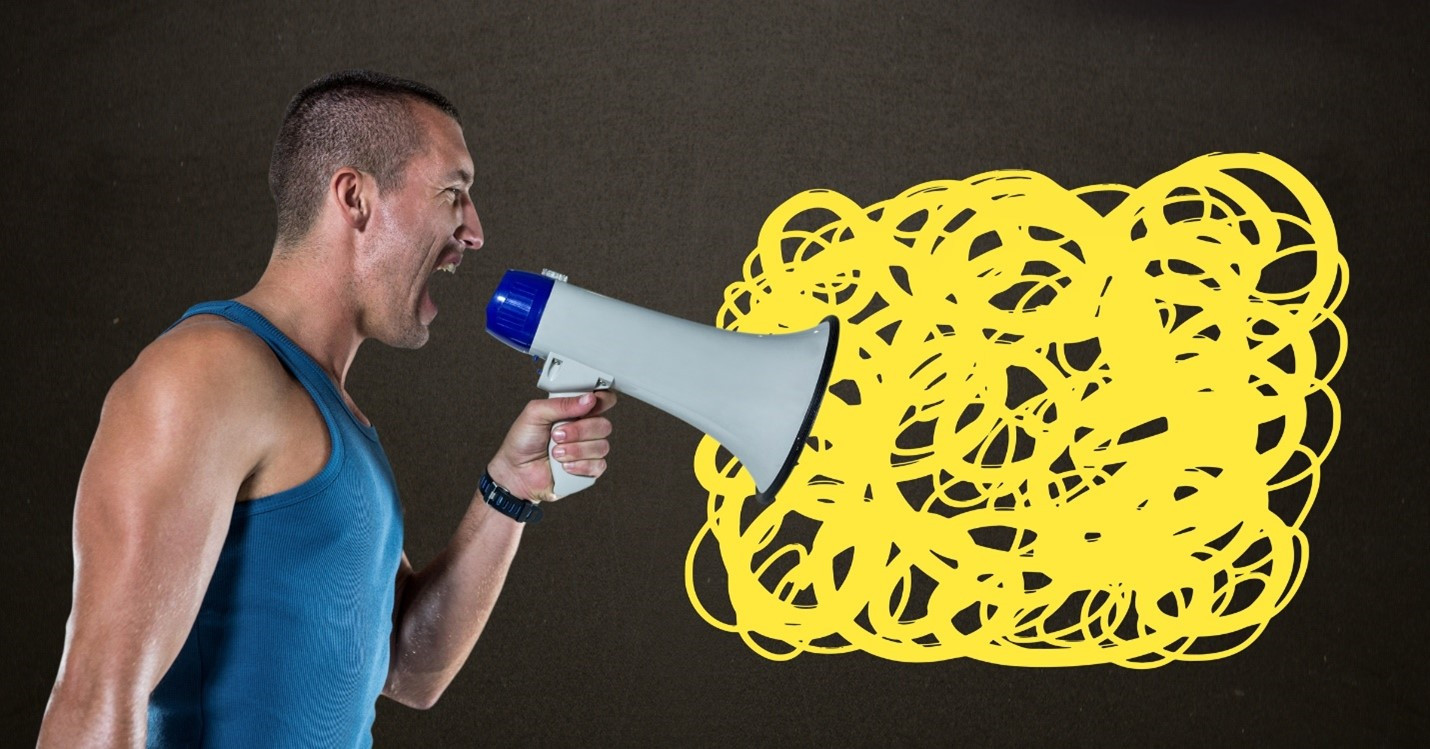
As part of my Mental Toughness coaching, I help athletes build a toolkit to manage these storms. I help them understand what's going on in their head and heart, and what they can do about it. I teach them what to do with how they feel.
In other words, Mental Toughness is an incorrect phrase. I don't teach them to be "tough". I don't teach them to "suck it up buttercup". I don't teach them to "just get out there and be confident".
I teach grit, resilience, and mistake response. And my favorite is courage.
I help athletes build emotional intelligence and self-awareness. In my opinion, these are the foundations of Mental Toughness.
These are the "tough" skills required to manage the storms that sport always brings. Because the reality is, most of the storms are emotional, not physical.
These are the soft skills that are really hard. And they aren't just sport skills; they are life skills.
Coaches and parents, when was the last time you leaned out, moved to the side instead of the front, and actually listened to your athletes and your kids? They have SO MUCH going on in their head and heart, and those big emotions need a safe place to land.

